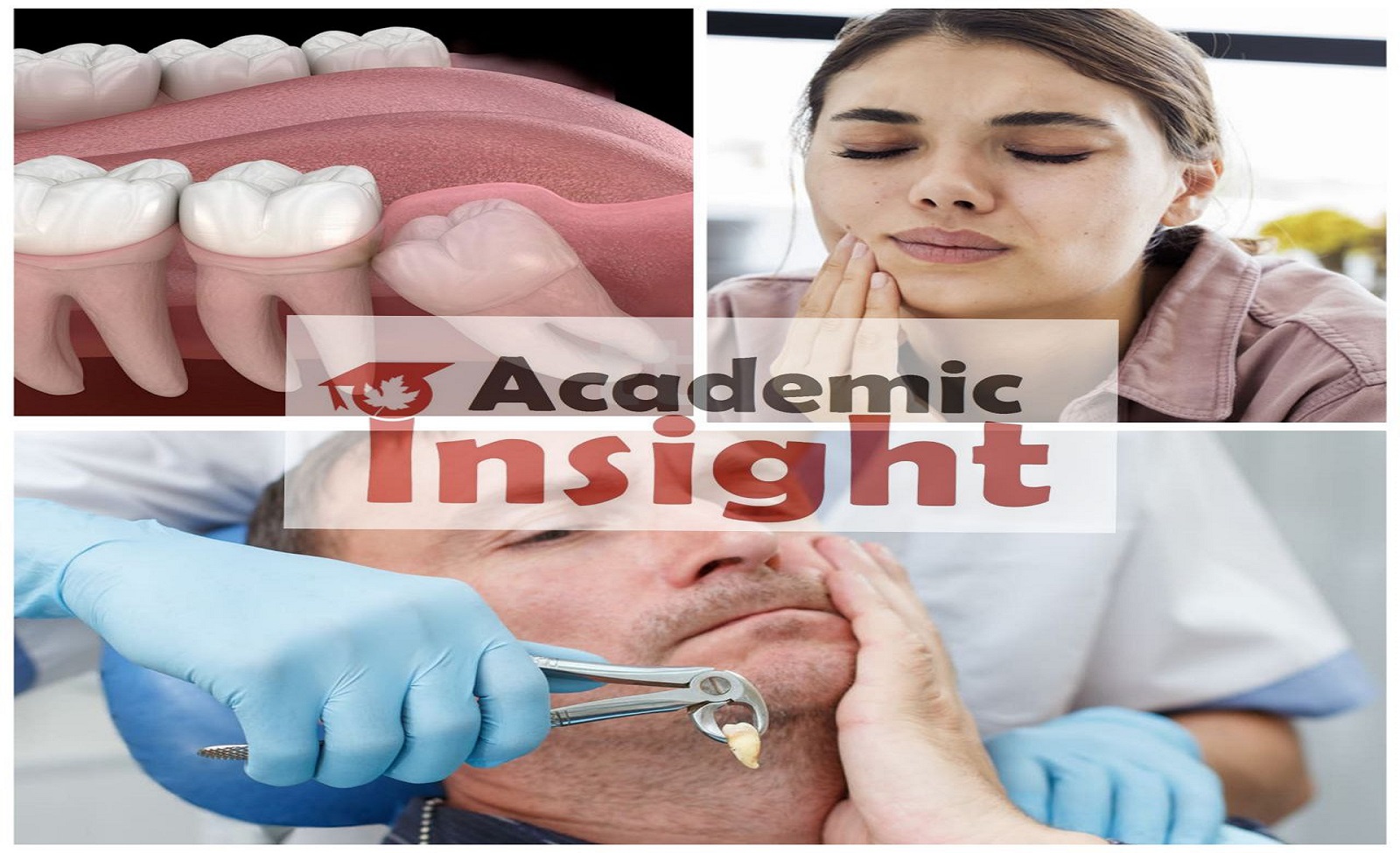Wisdom tooth removal is a surgical procedure to remove one or more wisdom teeth — the four permanent adult teeth placed at the back corners of your mouth on the bottom and top.
If a wisdom tooth doesn’t have room to grow (which is called an impacted wisdom tooth), causing infection, pain or other dental problems, you’ll probably need to have it pulled out. Wisdom tooth removal may be done by an oral surgeon or a dentist.
To prevent potential upcoming complications, some dentists and oral surgeons recommend wisdom tooth removal even if impacted teeth aren’t currently causing any difficulties.
Why it’s done
Wisdom teeth (third molars) are the last permanent teeth to erupt (come out) in the mouth. These teeth typically erupt between the ages of 17 and 24. In Some cases, wisdom teeth never appear. In other cases, wisdom teeth appear normally — just as their other molars did — and cause no problems.
Many people develop impacted wisdom teeth — teeth that don’t have enough space to get out into the mouth or develop naturally. Impacted wisdom teeth might appear only partially or not at all.
So an impacted wisdom tooth might develop:
- at an angle near the second molar or near the back of the patient mouth
- at a right angle to the other teeth, which seems like the wisdom tooth is “lying down” inside the jawbone
- straight up or down like any other teeth in the mouth except stay trapped within the jawbone
Problems with impacted wisdom teeth
You’ll probably need your impacted wisdom tooth pulled if it leads to difficulties such as:
- Pain
- Damage to surrounding bone or a nearby tooth
- Trapping debris and food at the back of the wisdom tooth
- Gum disease or infection (periodontal disease)
- Difficulties with orthodontic treatments to straighten other teeth and get them in the right order
- Tooth decay in a partially appeared third molar
- Growth of a fluid-filled sac (cyst) all around the wisdom tooth (third molar)
Preventing future dental problems with Wisdom tooth removal
Dental specialists (DDS or dentists) disagree about the necessity of extracting impacted wisdom teeth that aren’t causing any problems (asymptomatic).
It’s not that easy to predict future difficulties with impacted wisdom teeth. But, here’s the logic for preventive extraction:
- Older adults may endure problems with surgery and complications after surgery.
- Symptom-free wisdom teeth could still develop diseases.
- If there isn’t enough room for the tooth to appear, it’s usually hard to get to it and clean it appropriately.
- Serious difficulties with wisdom teeth rarely happen in younger adults.

